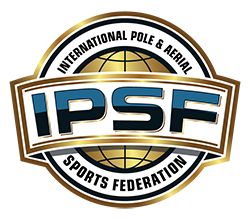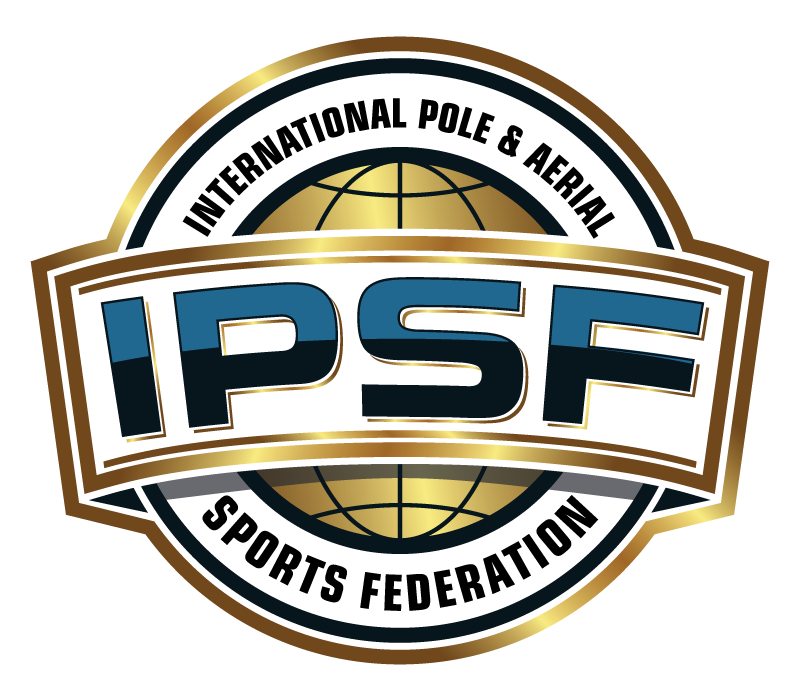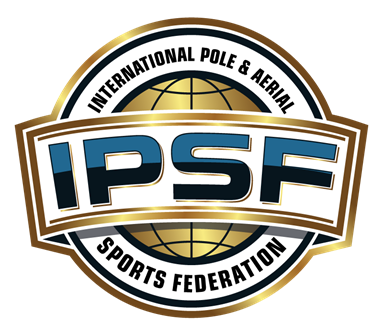What constitutes doping?
Is considered Doping as the occurrence of one or more anti-doping rule violations. Currently, there are 11 rules, that specify the circumstances that constitute a rule violation.
Is the responsibility of pole athletes as well as the athlete support personnel (Family members, partners, coach, medics, physiotherapist), to know what constitutes an anti-doping rule violation, as well as the prohibited substances and methods included in the prohibited list.
The 11 rules are:
- 1.Presence of a Prohibited Substance or its Metabolites or Markers in an Athlete’s Sample
The athlete is responsible to ensure that NO PROHIBITED SUBSTANCE is find in their body. The presence of a prohibited substance or its metabolite or marker is proof enough of an anti-doping rule violation.
- 2.Use or Attempted Use by an Athlete of a Prohibited Substance or a Prohibited Method
The athlete is responsible to ensure that NO PROHIBITED SUBSTANCE is find in their body. It is not necessary to demonstrate intent, neglicence, fault, or knowing Use on the Athlete’s part in order to establish an anti-doping rule violation for Use of a Prohibited Substance or method.
- 3.Evading, Refusing or Failing to Submit to Sample Collection by an Athlete
Evading Sample collection; refusing or failing to submit to Sample collection without compelling justification after notification by a duly authorized Person.
- 4.Whereabouts Failures by an Athlete
Any combination of three missed tests and/or filing failures, as defined in the International Standard for Results Management, within a twelve-month period by an Athlete in a Registered Testing Pool.
- 5.Tampering or Attempted Tampering with any Part of Doping Control by an Athlete or Other Person
Tampering with doping control procedures is a serious offense in the world of sports. This includes actions that disrupt or attempt to disrupt any stage of the testing process, such as altering samples, providing false information, or intimidating doping control officials. Any athlete or support personnel caught engaging in tampering will face severe consequences, including bans from competition and potential legal repercussions. Fair play and the integrity of sport depend on reliable doping control.
- 6.Possession of a Prohibited Substance or a Prohibited Method by an Athlete or Athlete Support Person
Possession by an Athlete or an Athlete Support Person in connection with an Athlete In-Competition of any Prohibited Substance or any Prohibited Method, or Possession by an Athlete or an Athlete Support Person in connection with an Athlete Out-of-Competition of any Prohibited Substance or any Prohibited Method which is prohibited Out-of-Competition unless the Athlete establishes that the Possession is consistent with a Therapeutic Use Exemption (“TUE”) granted.
- 7.Trafficking in prohibited substances or prohibited methods
Trafficking or Attempted Trafficking in any Prohibited Substance or Prohibited Method by an Athlete or Other Person
- 8.Manipulation with Prohibited Methods or Substances
Administration or Attempted Administration by an Athlete or Other Person to any Athlete In-Competition of any Prohibited Substance or Prohibited Method, or Administration or Attempted Administration to any Athlete Out-of-Competition of any Prohibited Substance or any Prohibited Method that is Prohibited Out-of-Competition
- 9.Complicity or Attempted Complicity by an Athlete or Other Person
The intentional complicity or attempted complicity including assisting, aiding, abetting, encouraging, conspiring or covering up, an anti-doping rule violation, Attempted anti-doping rule violation or violation.
- 10.Prohibited Association by an Athlete or Other Person
Association by an Athlete or other Person subject to the authority of an Anti-Doping Organization in a professional or sport-related capacity with any Athlete Support Person who is serving a period of Ineligibility.
- 11.Acts by an Athlete or Other Person to Discourage or Retaliate Against Reporting to Authorities
For further information please review the World Anti-Doping Code, which currently is the core document that harmonizes anti-doping policies, rules and regulations within sport organizations and among public authorities around the world.
You can download free the World Anti-Doping Code here:
Consequences of doping in pole sport
The misuse of drugs can be harmful and dangerous to an athlete’s health and to other athletes competing in the sport. It affects greatly the integrity, image, and value of sport, whether the motivation to use drugs is to improve performance or not.
“To achieve integrity and fairness in sport, a commitment to clean sport is critical.”
Doping also has severe health consequences and has social, financial and even legal consequences. For an athlete, doping could mean the end of their sporting career, reputation and prospects in and out of sport.
- 1.Sport Consequences
The sanctions for an Anti-Doping Rule Violation (ADRV) can include:
- Provisional Suspension. The athlete or other person is temporarily banned from participating in any competition or activity while waiting for the results management process to be complete or until the final decision is rendered.
- The athlete or other person is not allowed to compete or participate in any other activity, such as training, coaching, or even access to funding. This period of ineligibility can be as long as 4 years or even life depending on the circumstances.
- Disqualification of results. The athlete’s results during a particular period, competition or event are invalidated.
- Public Disclosure. The IPSF or the National Anti-Doping Organization (NADO) informs the general public of the Anti-Doping Rule Violation
- 2.Health Consequences
The health consequences to an athlete can include:
- Physical health. Doping products may have negative side effects on health depending on the substance, the dosage and the consumption frequency.
- Psychological health. Some doping substances may have an impact on the athlete’s mental health. Anxiety, obsessive compulsive disorders or psychosis are direct consequences from doping.
- 3.Social Consequences
Some of social consequences of doping include:
- Damage to reputation and image. This can be permanent with media attention, furthermore, future clean performances can be met with skepticism.
- Damage to future career prospects.
- Isolation from peers and sport.
- Damaged relationships with friends and family.
- Effects on emotional and psychological well-being.
- Loss of standing, fame, respect and credibility.
- 4.Financial Consequences
The financial consequences of doping can include:
- Fines that IPSF may have. Including costs associated with an Anti-Doping Rule Violation (ADRV).
- Loss of income/financial support, such as government funding, other forms of financial support and by not participating in the competitions. Furthermore, loss of financial support due to withdrawal of sponsor.
- Requirement to reimburse sponsor, if included in the contract.
- Reimbursement of prize money.
- Impact of damaged reputation on future career prospects.
Testing procedures
The aim of testing is to protect clean athletes through the detection and deterrence of doping.
Any athlete under the testing jurisdiction of the IPSF may be tested at any time, with no advance notice, in- or out-of-competition, and be required to provide a urine sample.
Sample Collection Process:
- 1.Athlete Selection
During the World Pole & Aerial Championship, an athlete can be selected for testing at any time in the venue.
- 2.Notification
A Doping Control Officer (DCO) or chaperone will notify the athlete of their selection and outline their rights and responsibilities.
- 3.Reporting to the Doping Control Station
The athlete should report to the doping control station immediately after being notified. The DCO may allow a delay in reporting for a valid reason.
- 4.Sample Collection Equipment
The athlete is given a choice of individually sealed sample collection vessels and kits to choose from.
- 5.Inspection
They must inspect the equipment and verify the sample code numbers.
- 5.Collecting the urine sample
- Providing the sample: The athlete will be asked to provide the sample under the direct observation of a DCO or witnessing chaperone of the same gender.
- Volume: A minimum 90mL is required for urine samples. If the first sample is not 90mL, the athlete may be asked to wait and provide an additional sample.
- Splitting the sample: The athlete will split their sample into A and B bottles.
- Sealing the samples: The athlete will seal the A and B bottles in accordance with the DCO’s instructions.
- Measuring specific gravity: The DCO will measure the specific gravity of the sample to ensure it is not too dilute to analyze. If it is too dilute, the athlete may be asked to provide additional samples.
Further information
For further information, please check the following video: World Anti-Doping Agency - The Doping Control Process for Athletes (youtube.com)


